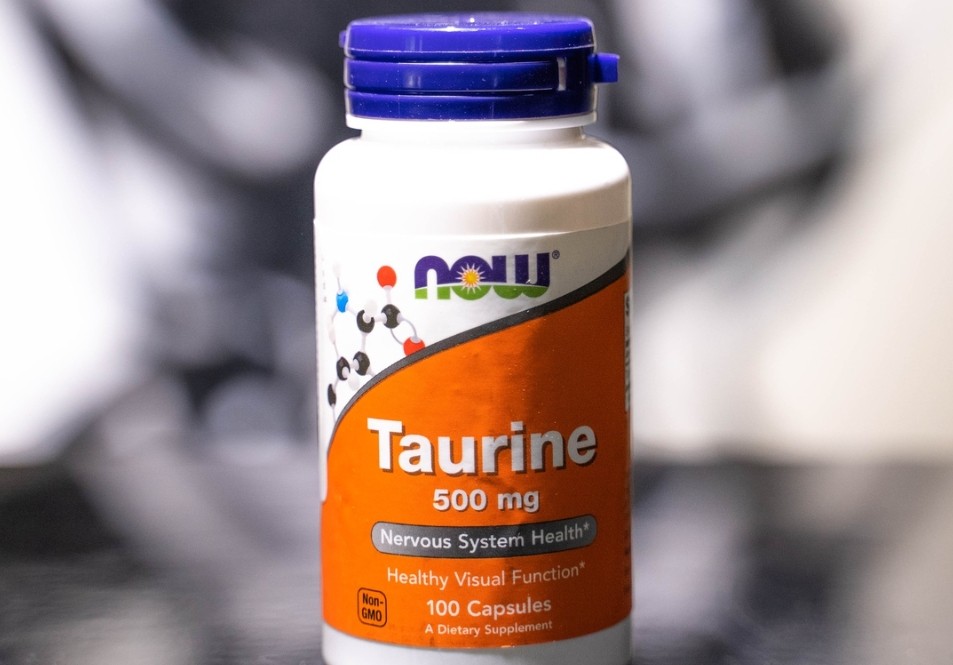Introduction
In the quest for cognitive enhancement and mental well-being, individuals often explore a variety of compounds known as nootropics. Among these, theobromine, a natural alkaloid found in cocoa beans, has gained attention for its potential cognitive benefits. This comprehensive guide delves into the world of theobromine nootropics, exploring its mechanisms of action, potential cognitive-enhancing properties, and the practical considerations associated with its use.
Understanding Theobromine
Theobromine is a xanthine alkaloid that belongs to the same class of compounds as caffeine. While it shares some similarities with caffeine, theobromine differs in its effects and pharmacological actions. Found naturally in cocoa beans, tea leaves, and kola nuts, theobromine is most commonly associated with chocolate.
Pharmacology and Mechanisms of Action
Theobromine stimulates the central nervous system by antagonizing adenosine receptors. Adenosine is a neurotransmitter that promotes relaxation and sleepiness. By blocking adenosine receptors, theobromine increases alertness and arousal, similar to caffeine but with a milder stimulant effect. Theobromine also stimulates the release of dopamine, a neurotransmitter associated with mood and pleasure
Cardiovascular Effects
Theobromine has vasodilatory effects, meaning it widens blood vessels, leading to increased blood flow. This property may contribute to its use in traditional medicine for conditions related to cardiovascular health. Improved blood flow can also have implications for cognitive function, as adequate circulation is crucial for delivering oxygen and nutrients to the brain.
Metabolism and Duration of Action
Theobromine is metabolized more slowly than caffeine, resulting in a longer duration of action. While caffeine’s effects may peak within an hour and diminish relatively quickly, theobromine’s effects can last for a more extended period, providing sustained cognitive benefits without the rapid onset and crash associated with some stimulants.
Cognitive Benefits of Theobromine Nootropics
Mood Enhancement
Theobromine’s ability to stimulate the release of dopamine may contribute to mood enhancement. Dopamine is a neurotransmitter associated with pleasure and reward, and its increased availability in the brain can lead to improved mood and a sense of well-being. Theobromine’s mood-enhancing effects make it a potentially valuable component of nootropic stacks designed to support emotional resilience.
Cognitive Alertness and Focus
By blocking adenosine receptors, theobromine promotes wakefulness and cognitive alertness. This can result in improved focus and concentration, making theobromine a suitable addition to nootropic formulations aimed at enhancing cognitive performance, especially during periods of increased mental demand.
Improved Blood Flow to the Brain
The vasodilatory effects of theobromine contribute to increased blood flow, potentially benefiting cognitive function. Improved circulation ensures a steady supply of oxygen and nutrients to the brain, supporting optimal neuronal activity. This aspect aligns with the goals of nootropics aimed at promoting overall cognitive health.
Antioxidant Properties
Theobromine exhibits antioxidant properties, helping to neutralize free radicals in the body. Oxidative stress is implicated in neurodegenerative diseases and cognitive decline. By scavenging free radicals, theobromine may contribute to protecting the brain from oxidative damage, supporting long-term cognitive health.
Memory Enhancement
While research on theobromine’s specific effects on memory is limited, its influence on alertness and arousal may indirectly contribute to memory enhancement. Improved focus and cognitive alertness can positively impact memory formation and retrieval, making theobromine a potential ally for those seeking cognitive improvement in memory-related tasks.
Practical Considerations and Safety
Dosage and Formulation
Determining the appropriate dosage of theobromine within a nootropic stack requires consideration of individual factors such as tolerance, sensitivity, and overall health. The formulation of the nootropic supplement, including the presence of other ingredients, should also be taken into account. Starting with a lower dose and gradually titrating up is advisable.
Source and Purity
Theobromine is naturally found in cocoa beans, and high-quality theobromine supplements should be sourced from reputable manufacturers. Third-party testing for purity is essential to ensure the absence of contaminants and the optimal efficacy of the theobromine supplement.
Interaction with Medications
Individuals taking medications, particularly those affecting cardiovascular health or neurotransmitter systems, should consult with a healthcare professional before incorporating theobromine nootropics into their routine. Theobromine’s stimulant effects and vasodilatory properties may interact with certain medications, and careful consideration of potential interactions is necessary.
Individual Response
Like any nootropic or dietary supplement, individual response to theobromine can vary. Factors such as genetics, overall health, and lifestyle can influence how the body responds to theobromine supplementation. Monitoring cognitive performance, mood, and overall well-being can help individuals assess the impact of theobromine on their cognitive enhancement goals.
Caffeine Sensitivity
While theobromine is structurally similar to caffeine, it has a milder stimulant effect. Individuals sensitive to caffeine or those looking for a more sustained and less jittery stimulant effect may find theobromine to be a suitable alternative. However, those with caffeine sensitivity should still approach theobromine with caution and monitor their response.
Conclusion
Theobromine, with its unique mechanisms of action and potential cognitive benefits, adds an intriguing dimension to the world of nootropics. As individuals seek cognitive enhancement strategies that align with their goals of mood improvement, increased alertness, and long-term cognitive health, theobromine emerges as a promising candidate.
Understanding theobromine’s pharmacology, its influence on neurotransmitters, and its vasodilatory effects provides valuable insights into its potential cognitive benefits. When integrated into nootropic formulations, theobromine may offer mood enhancement, improved focus, and sustained cognitive alertness.
As with any nootropic or dietary supplement, a thoughtful and individualized approach is essential. Consulting with a healthcare professional, monitoring individual responses, and selecting high-quality theobromine supplements contribute to a safe and effective incorporation of theobromine into a cognitive enhancement strategy. In the dynamic landscape of nootropics, theobromine’s unique properties position it as a noteworthy contender for those seeking cognitive optimization and well-being.
- Comprehensive Review of the Best CBD Oils Top Picks and Insights By swdistro - September 20, 2024
- Complete Review of the Top CBD Gummies By Golden Goat CBD - August 23, 2024
- Pine Queen Dream Marijuana Strain A Comprehensive Guide - December 14, 2023



